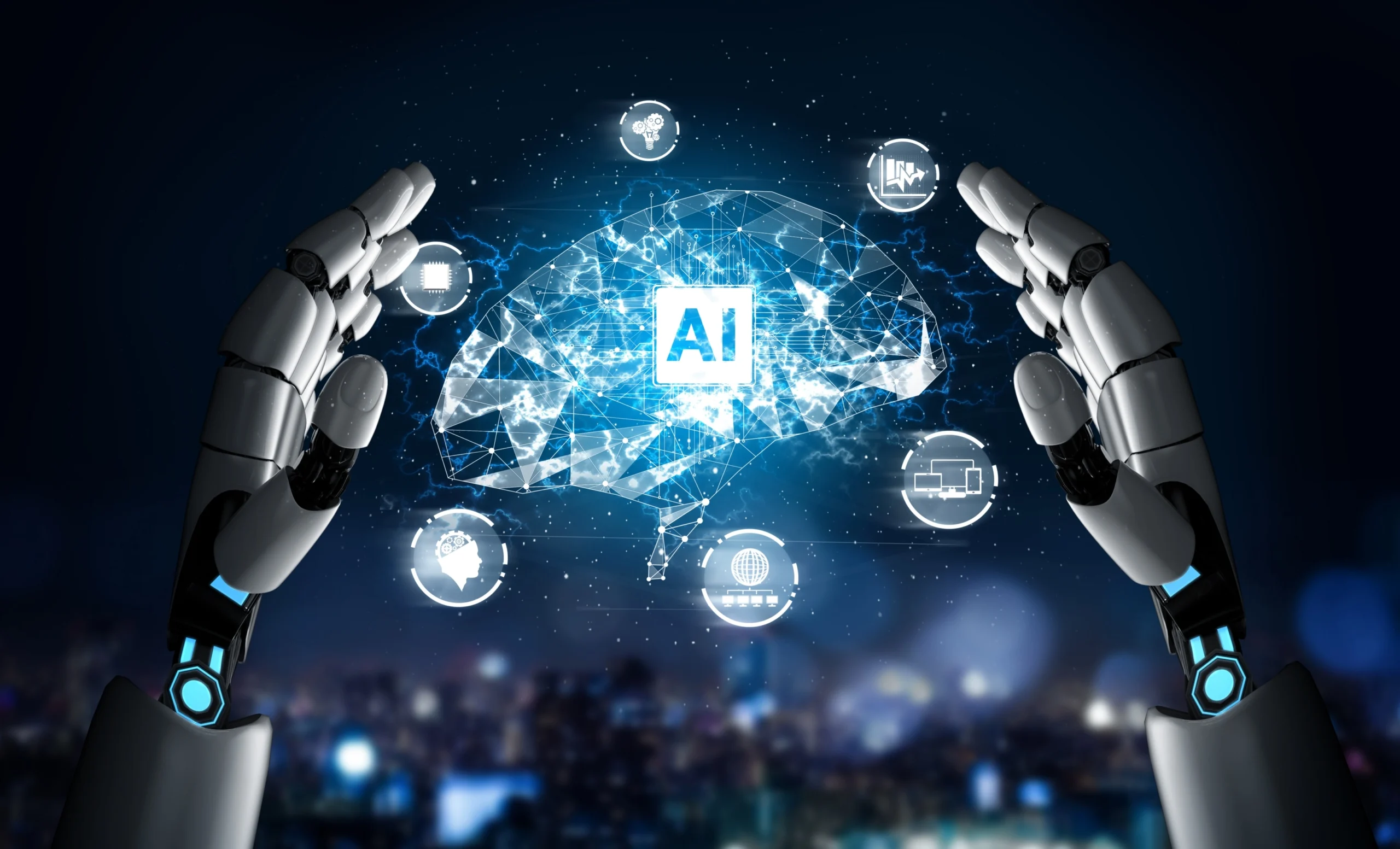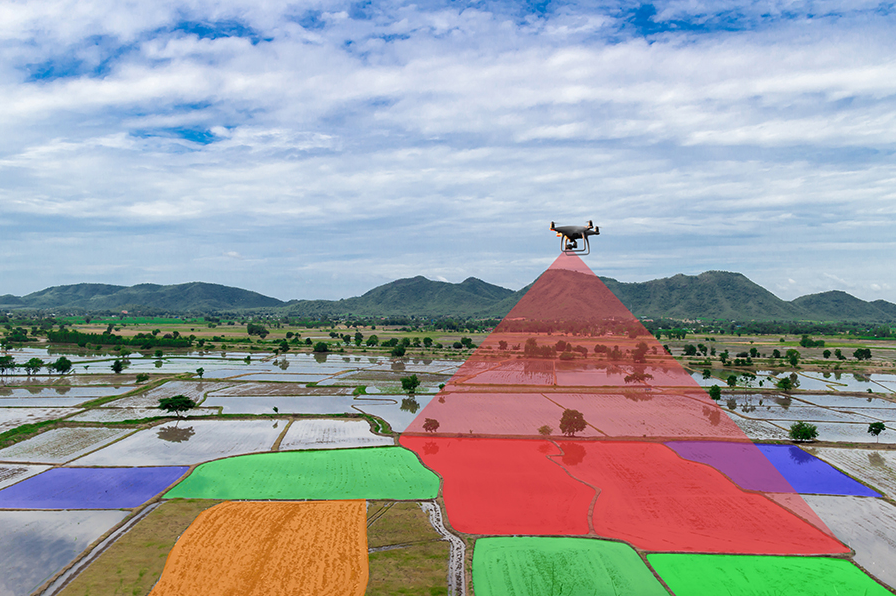Introduction
In recent years, the integration of artificial intelligence (AI) in social media has revolutionized influencer marketing strategies across the United States. This case study delves into how AI technologies are reshaping the landscape of influencer marketing, offering insights into the transformative effects and practical applications of AI in this dynamic field.
The Rise of AI in Social Media
AI in social media has become increasingly sophisticated, offering tools and platforms that leverage machine learning, natural language processing, and data analytics to enhance marketing strategies. Influencer marketing, which involves partnering with individuals who have a significant social media following to promote products or services, has particularly benefited from these advancements.
AI-Driven Influencer Identification
One of the most notable impacts of AI on influencer marketing is the enhanced ability to identify and select influencers who align with a brand’s objectives. Traditional methods of finding influencers involved manual searches and reliance on basic metrics such as follower count. However, AI-powered tools now analyze a vast array of data points, including engagement rates, audience demographics, and content relevance, to recommend influencers who are most likely to drive desired outcomes.
For instance, platforms like AspireIQ and Traackr use AI algorithms to match brands with influencers based on sophisticated criteria, ensuring a more precise fit. This leads to more effective campaigns and a better return on investment (ROI).
Content Creation and Personalization
AI is also transforming content creation and personalization in influencer marketing. Machine learning algorithms analyze audience behavior and preferences to generate insights that help influencers craft content that resonates more deeply with their followers. This data-driven approach allows for the creation of highly personalized content that can significantly increase engagement rates.
Tools like Canva’s AI-powered design suggestions and Adobe’s Sensei enhance the creative process by offering recommendations and automating repetitive tasks, allowing influencers to focus on producing high-quality content that aligns with their brand partnerships.
Performance Tracking and Analytics
Measuring the success of influencer marketing campaigns has traditionally been a challenging task. However, AI has introduced advanced analytics capabilities that provide more accurate and comprehensive performance tracking. AI algorithms can process large volumes of data to assess the effectiveness of campaigns in real-time, offering insights into metrics such as engagement, reach, and conversion rates.
Platforms like Socialbakers and HypeAuditor utilize AI to provide in-depth analytics and reporting, enabling brands to make data-driven decisions and optimize their marketing strategies. This level of insight allows for more precise adjustments and improvements to ongoing campaigns.
Challenges and Considerations
While AI offers numerous benefits, its integration into influencer marketing is not without challenges. Issues such as algorithmic bias, data privacy concerns, and the need for continuous algorithm updates can impact the effectiveness and ethical considerations of AI-driven strategies. Brands and influencers must navigate these challenges carefully to ensure that their use of AI aligns with industry standards and consumer expectations.
Future Trends
Looking ahead, the role of AI in influencer marketing is expected to continue evolving. Emerging technologies such as augmented reality (AR) and virtual reality (VR) may further enhance the immersive experiences offered by influencer campaigns. Additionally, advancements in AI ethics and transparency will play a crucial role in shaping the future of AI in social media marketing.
Conclusion
The impact of AI on influencer marketing strategies in the USA has been profound, offering enhanced tools for influencer identification, content creation, and performance tracking. As AI technology continues to advance, it will likely drive even greater innovations in how brands and influencers connect with audiences. By leveraging AI effectively, marketers can achieve more precise, personalized, and impactful campaigns, solidifying the role of AI as a cornerstone of modern influencer marketing.



